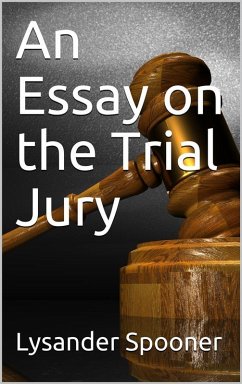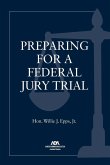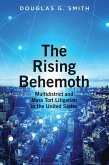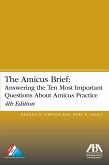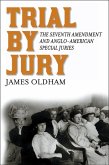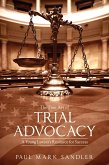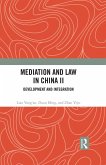This volume, it is presumed by the author, gives what will generally be considered satisfactory evidence, though not all the evidence, of what the Common Law trial by jury really is. In a future volume, if it should be called for, it is designed to corroborate the grounds taken in this; give a concise view of the English constitution; show the unconstitutional character of the existing government in England, and the unconstitutional means by which the trial by jury has been broken down in practice; prove that, neither in England nor the United States, have legislatures ever been invested by the people with any authority to impair the powers, change the oaths, or (with few exceptions) abridge the jurisdiction, of juries, or select jurors on any other than Common Law principles; and, consequently, that, in both countries, legislation is still constitutionally subordinate to the discretion and consciences of Common Law juries, in all cases, both civil and criminal, in which juries sit. The same volume will probably also discuss several political and legal questions, which will naturally assume importance if the trial by jury should be reestablished.
An outstanding masterpiece that demonstrates cogently that trial by jury was anciently intended as the ultimate check and balance not only on the fair enforcement of positive law, but on the justice of the law itself. Must reading for everyone!
Dieser Download kann aus rechtlichen Gründen nur mit Rechnungsadresse in A, B, BG, CY, CZ, D, DK, EW, E, FIN, F, GR, HR, H, IRL, I, LT, L, LR, M, NL, PL, P, R, S, SLO, SK ausgeliefert werden.

